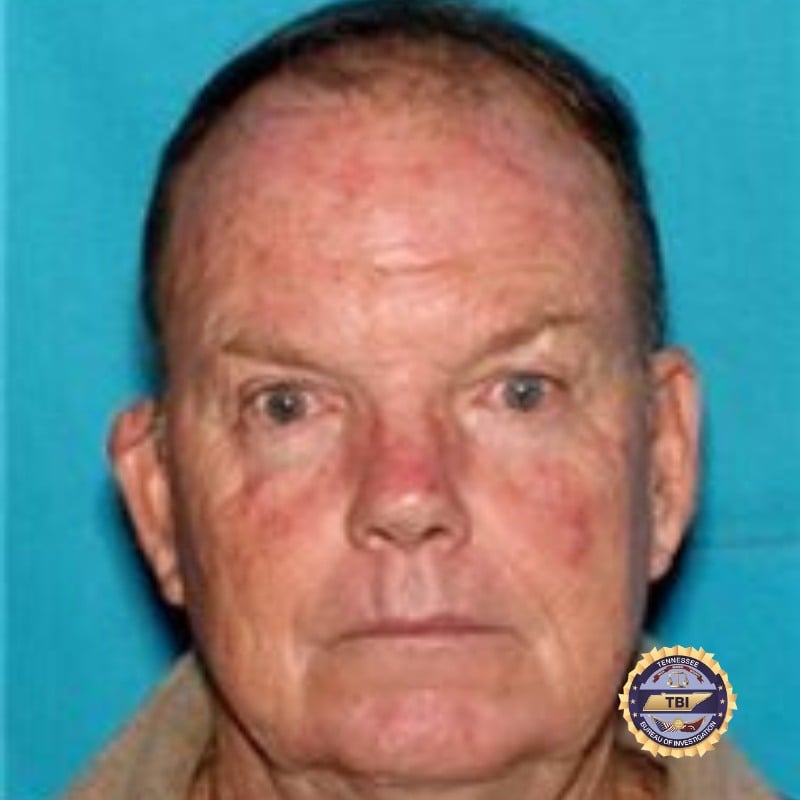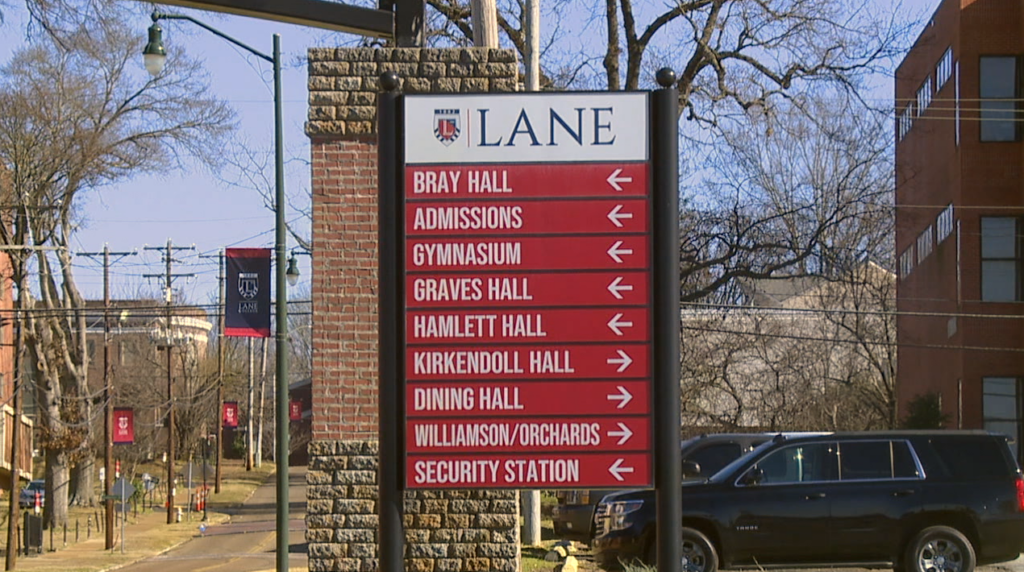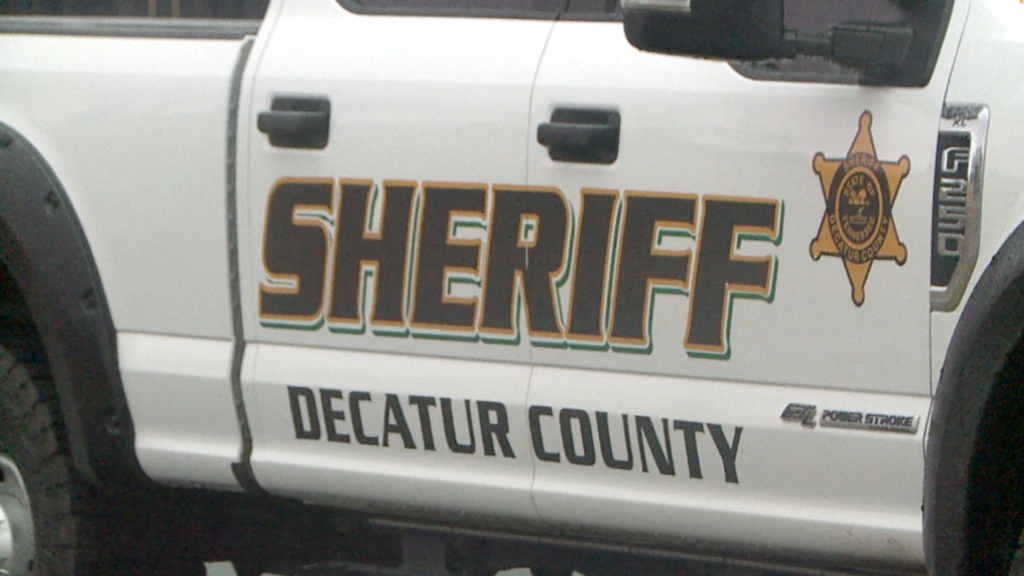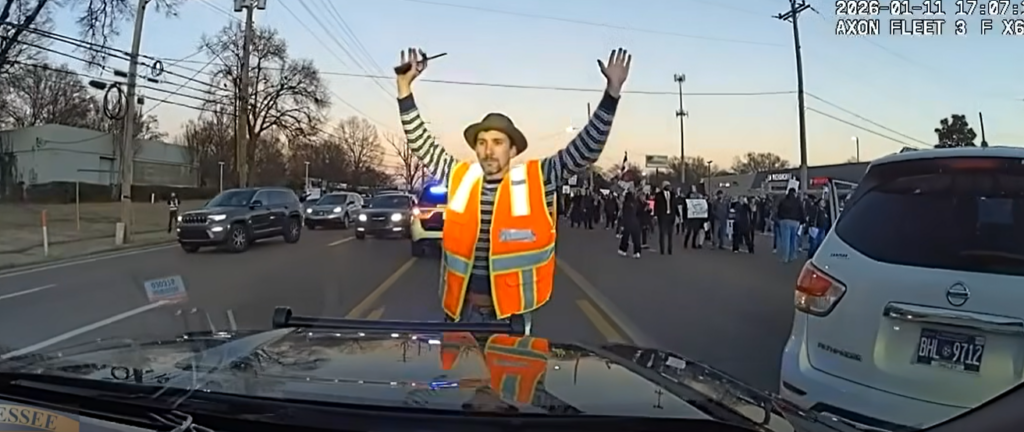Proposed bill could ban multiple DUI offenders from buying booze

[gtxvideo vid=”bNTEIKyb” playlist=”” pid=”OTSe9U1y” thumb=”http://player.gtxcel.com/thumbs/bNTEIKyb.jpg” vtitle=”DUI Conviction Proposal”]
JACKSON, Tenn. — It could soon be illegal for those convicted of multiple DUI’s to even buy alcohol. A bill is making its way through the state legislature right now. “I think it’s a good idea. I think it’s a very good idea,” resident Marvis Barbham said. Some West Tennessee residents are in support of State Representative John Holsclaw’s proposed bill.. The Republican from Johnson City wants it to be practically impossible for those convicted of multiple DUIs to buy booze. “We need some kind of control of the drunk drivers and I think really that’s a good idea,” Brabham said. Representative Holsclaw said in 2014 there were more than 1000 Tennesseans received a third or fourth DUI offense. Jackson attorney Daniel Taylor said this type of regulation could be deemed reasonable. “The court routinely does this anyway, it’s just placing it on their license sort of like a red sticker,” Taylor said. The bill proposes those convicted of not one, two but three DUI offenses will have a special indication on their drivers license or state ID with the words ‘NO ALCOHOL SALES’. Some say it is not fair and that offenders should still be able to buy alcohol. “I think it’s very unfair because I think people should have multiple chances at doing things. People make mistakes. They shouldn’t just base it off what they’ve done in the past,” resident Thaddeus Delk said. The Mothers Against Drunk Driving organization also weighed in on this bill. A local spokesperson released a statement to WBBJ 7 Eyewitness news saying, “We think this will be great if it can pass. Anything to eliminate drunk driving especially repeat offenders is wonderful and we support any new laws for impaired driving and underage drinking.” While the bill does not restrict offenders from drinking supporters say it would make Tennessee roads safer. This week the bill passed in the Criminal Justice Committee. Next it heads to the State Senate Finance, Ways and Means Committee.












